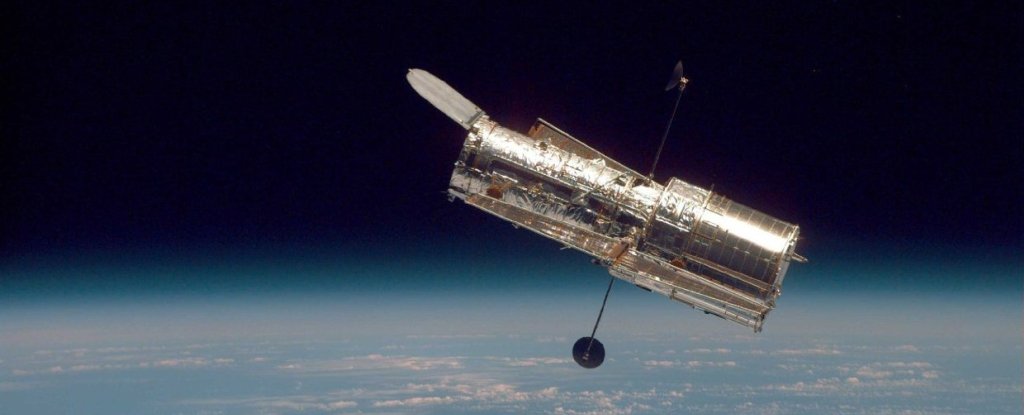
Posted on 06/21/2021 10:29:03 AM PDT by Red Badger

The Hubble Space Telescope is currently offline.
On Sunday 13 June, the telescope's payload computer went offline, and engineers here on Earth are currently performing operations to get it up and running again.
The payload computer, as you might expect, is vital to Hubble's continued science operations. It's the 'brains' of the instrument, coordinating and controlling the various instruments with which Hubble is equipped. It also monitors the telescope for issues.
Initially, NASA engineers speculated that the cause of the halt was a degrading memory module. An attempt to restart the computer failed, so, on Wednesday 16 June, the Hubble operations team attempted to switch to a backup memory module.
This, too, proved futile.
"The command to initiate the backup module failed to complete," NASA explained in a blog post.
"Another attempt was conducted on both modules Thursday evening to obtain more diagnostic information while again trying to bring those memory modules online. However, those attempts were not successful."
It's not entirely unexpected that Hubble might be experiencing a few aches and pains. The space telescope, launched in 1990, has been operating for over 30 years at this point, undergoing several mission extensions. Its most recent (and final) service mission took place in 2009, and it's only a matter of time before something wears out beyond repair.
In 2018, Hubble underwent a gyroscope failure; in that instance, engineers were able to fix the problem basically by giving the telescope a space jiggle. Earlier this year, the telescope had to be put into safe mode after a software error.
When designing an instrument like Hubble, to be operated remotely and difficult to access physically, failsafes are crucial.
So, in this case, the situation is not lost either. The payload computer (a NASA Standard Spacecraft Computer-1, or NSSC-1) has four 64-bit memory modules to draw on. It only uses one at any given time; the other three are backups. In addition, there is a second backup payload computer on-board that can be deployed in the event of a major problem.
"The operations team will be running tests and collecting more information on the system to further isolate the problem," NASA wrote. "The science instruments will remain in a safe mode state until the issue is resolved. The telescope itself and science instruments remain in good health."
Hubble is therefore very likely to live on, to continue taking us to the stars. Not forever; eventually, its parts will wear out, or its orbit will decay, and engineers will need to bring it home, for a fittingly glorious death burning up on atmospheric entry.
But there is no planned end date for the Hubble mission, and we hope we will enjoy its contributions to science for at least a few more years yet.
How do we know it didn’t COME FROM THERE?.................
It did not come from there because it was originally stolen from a Batcave,
then modified and run through animal hosts for a few generations, animal hosts which the contract said were to be incinerated.
On the way to the incineration plant some of them were accidentally sold to unsuspecting innocent wet market vendors
maybe
Must be a Dell!
It does build up over time. In CMOS Processor chips the damage is mainly Gamma Total Dose building up charge on the gate oxide layer.
That’s what I tell my boss when I blow a $600 transistor......................
Maybe SpaceX can send a Star Ship and bring it home ,LOL
XLENT IDEA!............................
The latest ping back reads, “We’ve been trying to reach about your telescopes extended warranty.”
Too bad we don’t have such a thing as a reusable spacecraft that might repair the Hubble. Perhaps a space shuttle of some kind.
Ctl-alt-del.
depends if it was the SX or DX cpu
LOL!...............................
Disclaimer: Opinions posted on Free Republic are those of the individual posters and do not necessarily represent the opinion of Free Republic or its management. All materials posted herein are protected by copyright law and the exemption for fair use of copyrighted works.